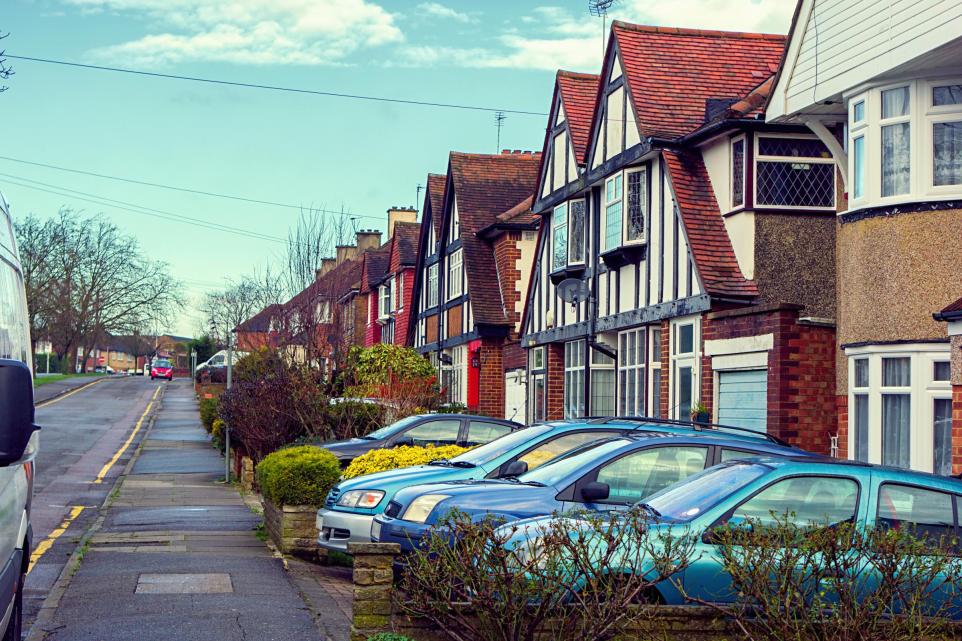The bustling town of Aylesbury is bracing itself for significant travel disruptions as a crucial thoroughfare into the town is […]
As our urban areas become increasingly congested, parking has become a daily challenge for many drivers. This issue is especially significant in densely populated neighborhoods where the competition for limited parking space can lead to disputes and legal ambiguities. In this article, we explore whether it is illegal to park in front of a driveway in the UK, along with the laws governing parking over dropped kerbs.
The Legal Framework for Parking in Front of UK Driveways

Source: https://www.bracknellnews.co.uk/news/24461639.illegal-park-car-front-uk-driveways/
In the United Kingdom, parking laws are primarily designed to ensure safety, accessibility, and the smooth flow of traffic. One area that often causes confusion among drivers is the legality of parking in front of private driveways.
According to UK law, it is indeed illegal to park your vehicle in front of a driveway without the property owner's consent. The specific legislation governing this is Section 86 of the Traffic Management Act 2004, which makes it unlawful to obstruct access to and from a property by parking across a dropped kerb. A dropped kerb is a section of pavement that has been lowered to facilitate vehicular access to driveways.
Even if permission is given by the homeowner, care must still be taken to ensure that no other regulations, such as those concerning emergency access or causing an obstruction, are violated. Violators can face fines and may even see their vehicles towed away if they are obstructing a driveway illegally.
Understanding Dropped Kerbs and Their Significance
Dropped kerbs serve several important functions, the primary one being to enable vehicles to move between the road and the driveway without damaging the pavement or the vehicle. They also make it easier for pedestrians, particularly those with mobility issues, to navigate the pavement. Thus, parking across a dropped kerb can have wider implications beyond just denying access to the driveway; it may also hinder pedestrian movement.
Enforcement officers and local councils take the obstruction of dropped kerbs seriously. In residential areas, you are not allowed to park over a dropped kerb unless you have explicit permission from the property owner. Even then, it is generally discouraged to ensure public pathways remain accessible. In case of any violation, enforcement officers not only issue tickets but can also arrange for the vehicle to be towed, adding further inconvenience and financial burden to the offending driver.
What Are the Penalties?
If caught parking illegally in front of a driveway or over a dropped kerb, drivers can expect to receive a Penalty Charge Notice (PCN). The fines vary by location but typically range from £70 to £130, which can be reduced by 50% if paid within 14 days. More severe cases may involve towing, which incurs additional fees for retrieval.
Conclusion
As a responsible driver, understanding the legal stipulations surrounding parking in front of driveways and over dropped kerbs is essential. Not only does it help to avoid penalties and inconveniences, but it also contributes to the overall safety and accessibility of our communities. Always ensure to park considerately and be mindful of local regulations to foster a cooperative and well-functioning urban environment.